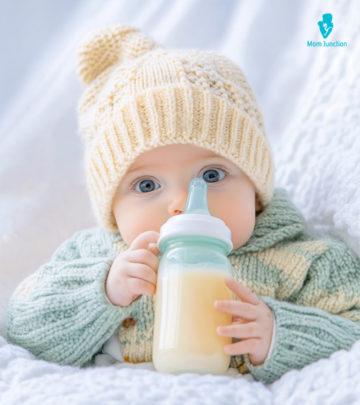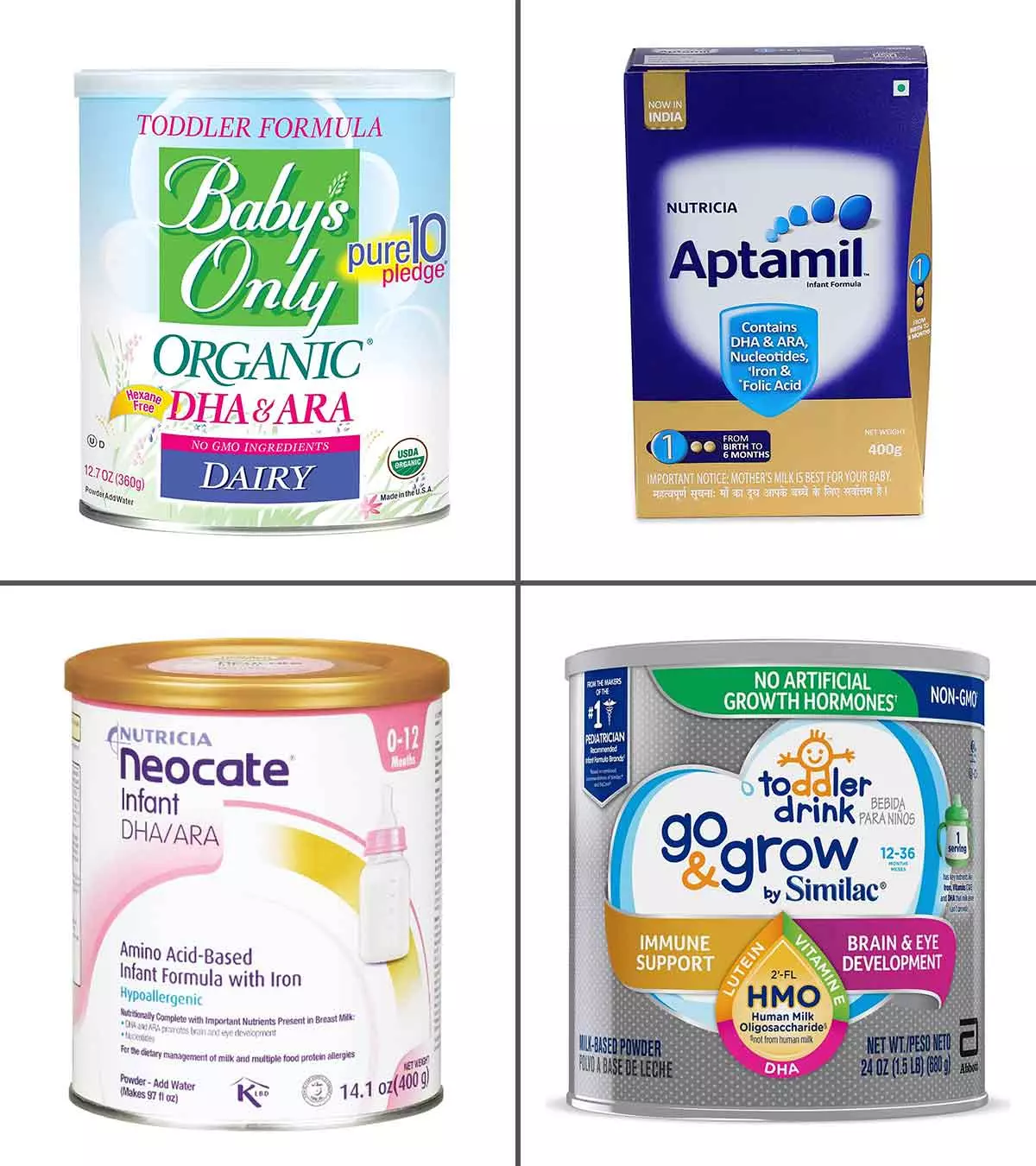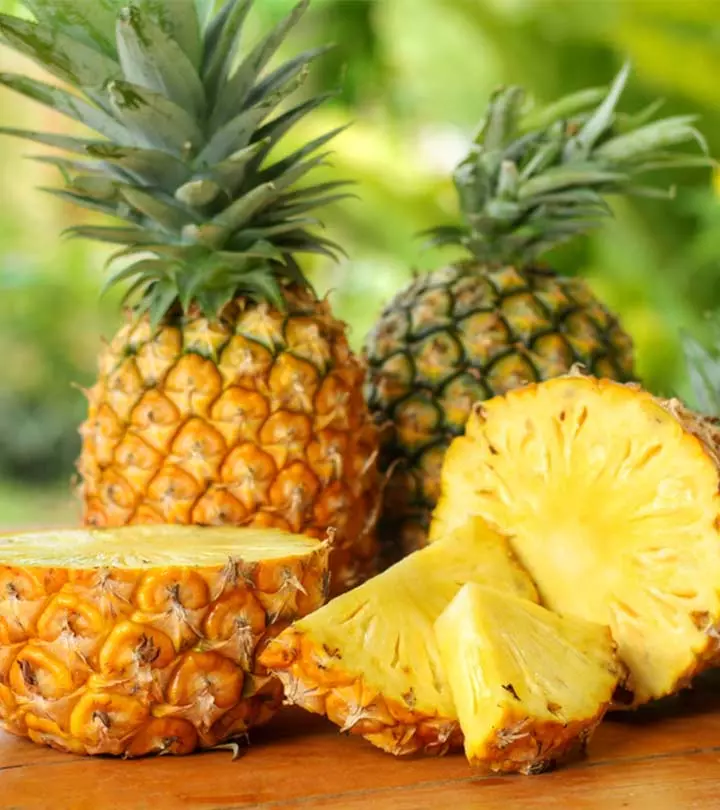LCCE, IBCLC

Mindy Cockeram is a childbirth and breastfeeding educator with 15 years of experience. She trained as an antenatal teacher with the National Childbirth Trust (NCT) in London, England and taught childbirth classes for the NCT and St Georges Hospital Trust. In 2009, she relocated to the US and certified with Lamaze International. She currently resides in Southern California, where she has taught at a non-profit hospital since 2011. She is also a board-certified lactation consultant with a private practice.
MomJunction believes in providing the most accurate content to its readers. Hence we get our articles reviewed by highly skilled experts in the relevant fields. The articles are reviewed to ensure their authenticity, factual correctness, and relevance. The board members also add inputs drawn from their years of experience. Learn more about our expert panel.













